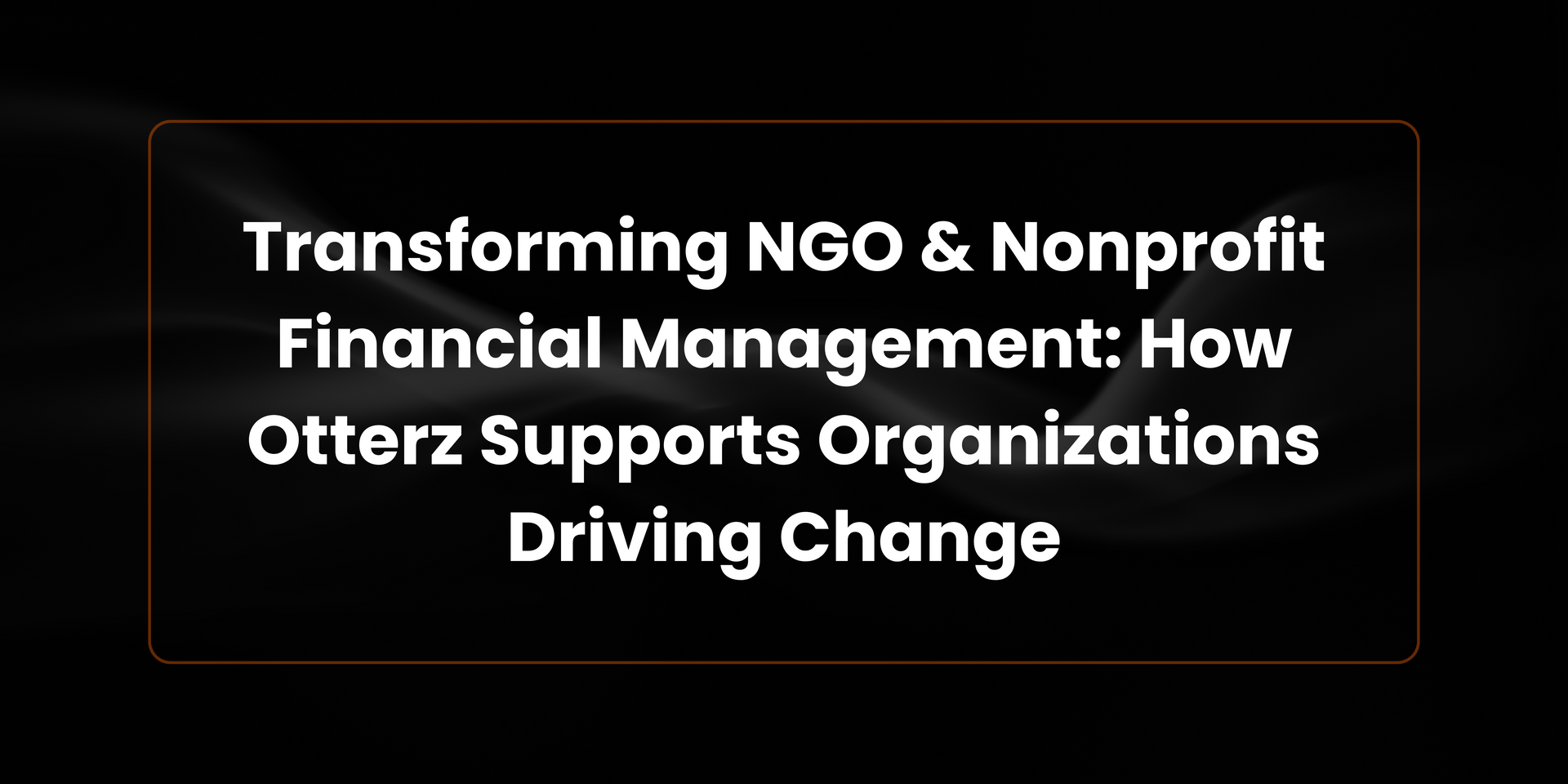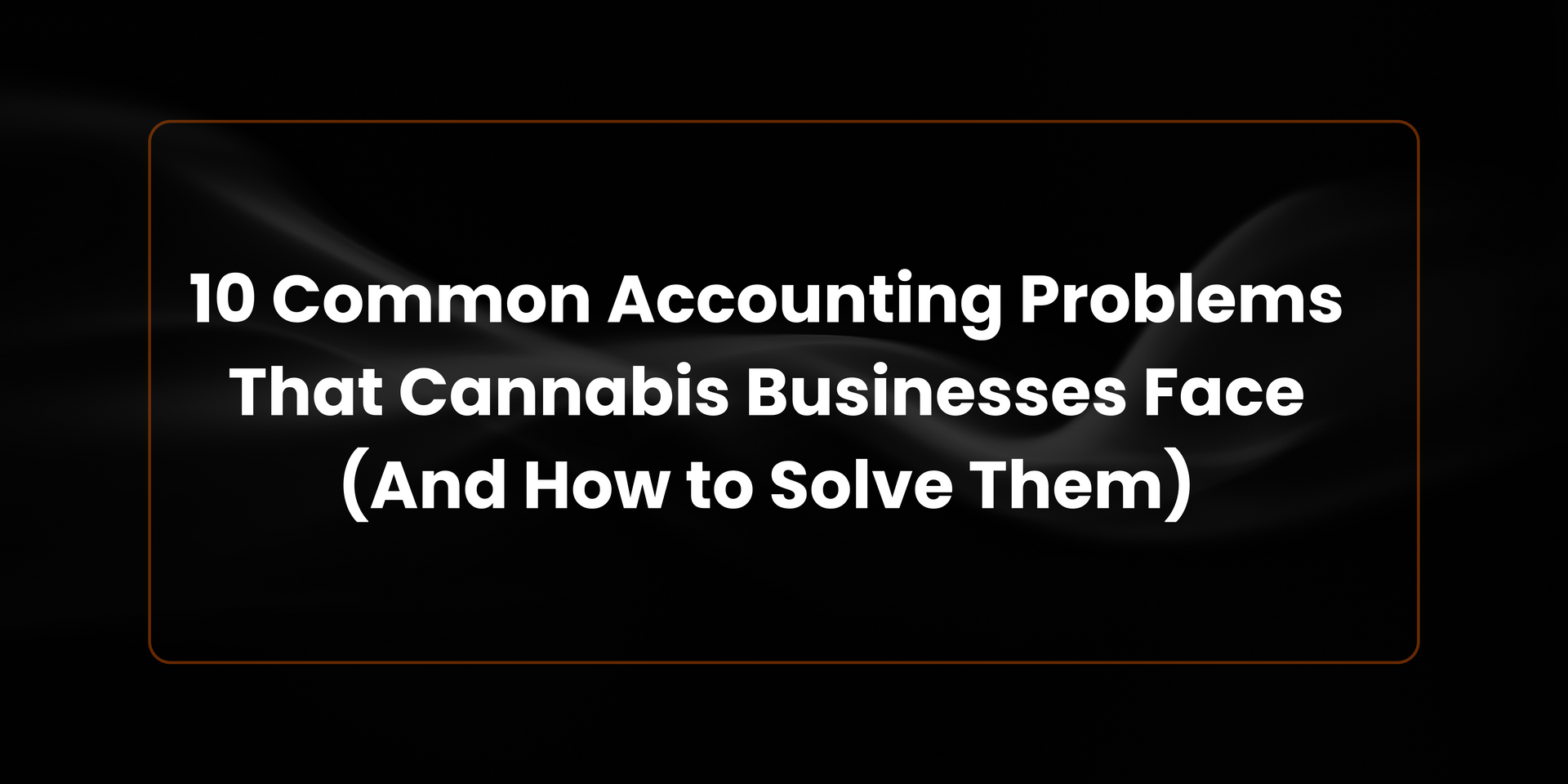Changes to Payroll Taxes & Employment Taxes in 2025: What Every Business Owner Needs to Know
Understanding Employment Taxes: What Every Employer Needs to Know in 2025

If you run a business or manage payroll in the U.S., 2025 brings a few important updates you should have on your radar. From Social Security wage base increases to adjustments in FUTA and Medicare taxes, these changes can impact your cash flow, compliance, and employee compensation planning.
In this post, we’ll walk you through the major changes to payroll and employment taxes in 2025, breaking them down in simple terms so you know exactly what to expect and how to prepare.
What Are Payroll and Employment Taxes?
Before we dive into the 2025 updates, let’s clarify the basics:
Payroll taxes are taxes withheld from employees’ wages and matched by employers. These include:
● Social Security tax
● Medicare tax
● Federal Unemployment Tax (FUTA)
● State Unemployment Tax (SUTA)
● Additional Medicare Tax (for high earners)
These taxes help fund Social Security, Medicare, and unemployment benefits.
What’s New in 2025? Major Payroll & Employment Tax Changes
Here’s a breakdown of what’s changed as of 2025:
1. Social Security Wage Base Increased:-
● Old Limit (2024): $168,600
● New Limit (2025): $174,900
● Rate: 6.2% for both employer and employee
What this means: Employees earning up to $174,900 in 2025 will have Social Security tax withheld. Employers must match the same amount. Any wages above that threshold are not subject to Social Security tax.
Planning Tip: High earners will see slightly higher withholdings. Businesses should update payroll systems to avoid under- or over-withholding.
2. Medicare Tax Remains Unchanged:-
● Rate: 1.45% for both employer and employee
● Additional Medicare Tax: 0.9% on wages above $200,000 (employee-only)
No changes here, but it's a good reminder: Employers must continue withholding the additional 0.9% for employees earning over $200,000—no match required.
3. FUTA Tax Wage Base Stays the Same, But Watch for State Credit Reductions
● FUTA Rate: 6.0% on first $7,000 of wages
● Potential Credit: Up to 5.4% for most states
Some states with outstanding federal loans may face a FUTA credit reduction, increasing the employer’s effective FUTA tax rate.
Check your state’s status with the Department of Labor if you operate in high-debt states like California or New York.
4. State-Level Changes (SUTA) Vary:-
Many states have adjusted their State Unemployment Tax (SUTA) rates and wage bases for 2025. A few examples:
● California: Wage base increased to $9,500
● New York: No wage base change, but some rates adjusted slightly
● Texas: Experience rating tables updated
Tip: Review your state’s employment department for current rates and ensure your payroll provider has the latest updates.
5. Electronic Filing Threshold Lowered:-
Starting in 2025, the IRS now requires electronic filing for most payroll tax forms if you're submitting 10 or more forms (like W-2s, 1099s, etc.) across all categories.
This includes:
● Form 941 (Quarterly Payroll Tax Return)
● W-2 & W-3
● 1099 series forms
Make sure your payroll software or provider supports e-filing for compliance.
How These Changes Impact Employers
These changes aren’t massive, but they add up when you’re running payroll weekly or bi-weekly. Here’s how they may affect you:
● Budgeting: Higher Social Security wage base means more employer tax liability
● Payroll Compliance: State-specific changes may trigger updates in your payroll setup
●
Filing Procedures: E-filing becomes mandatory for most small businesses
What Should You Do Next?
Here are a few quick actions to stay ahead:
- Update your payroll system with 2025 tax rates and wage bases.
- Review your state unemployment insurance rates and any FUTA credit reductions.
- Verify your e-filing setup meets the new IRS requirements.
- Educate your team or clients about the increased Social Security wage base and potential impact on net pay.
- Talk to your accountant or payroll provider if anything’s unclear or if you're managing multi-state employees.
Final Thoughts
Staying ahead of payroll tax changes isn’t just about compliance, it’s about making sure your business runs smoothly, your employees are paid accurately, and you're not hit with unnecessary penalties.
Whether you're a business owner, HR manager, or finance leader, these small tweaks in 2025 payroll tax rules can make a big difference over time.
Need Help with Payroll or Tax Compliance?
Let Otterz simplify the process for you. We offer end-to-end payroll, tax filing, and CFO support so you can focus on growing your business, not keeping up with tax law changes.
Book a free consultation with our team and let us handle the numbers.
Found this valuable? Share it with your friends and colleagues!








